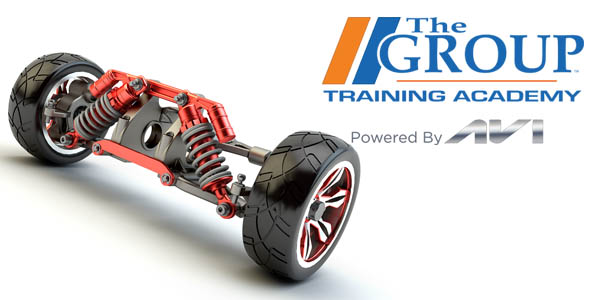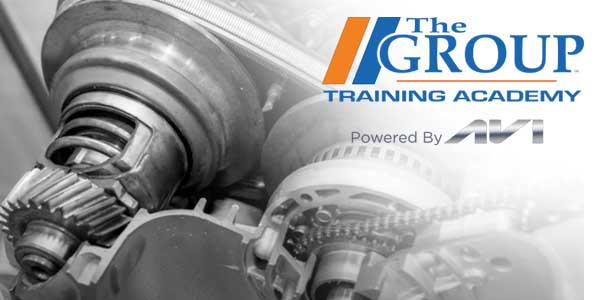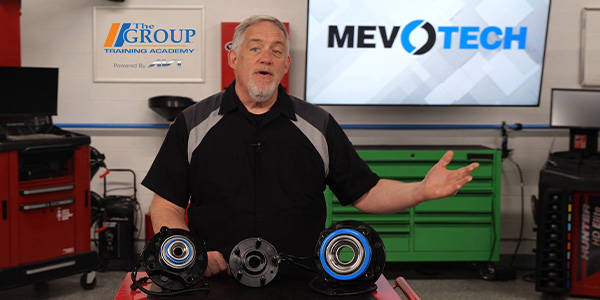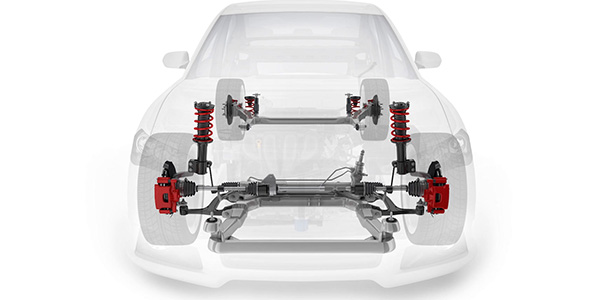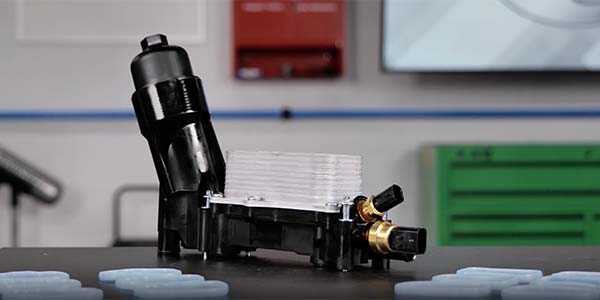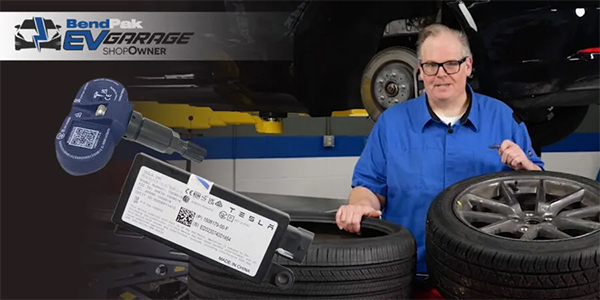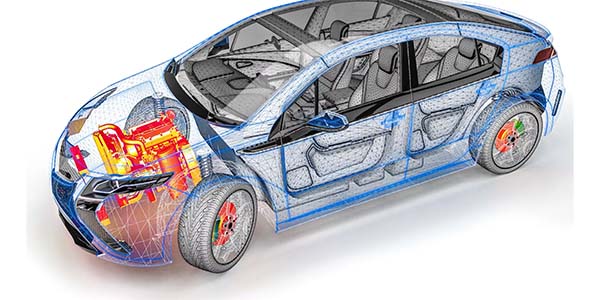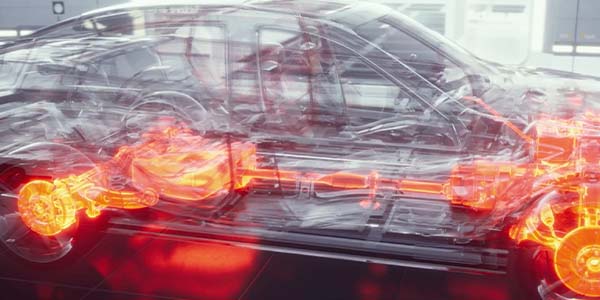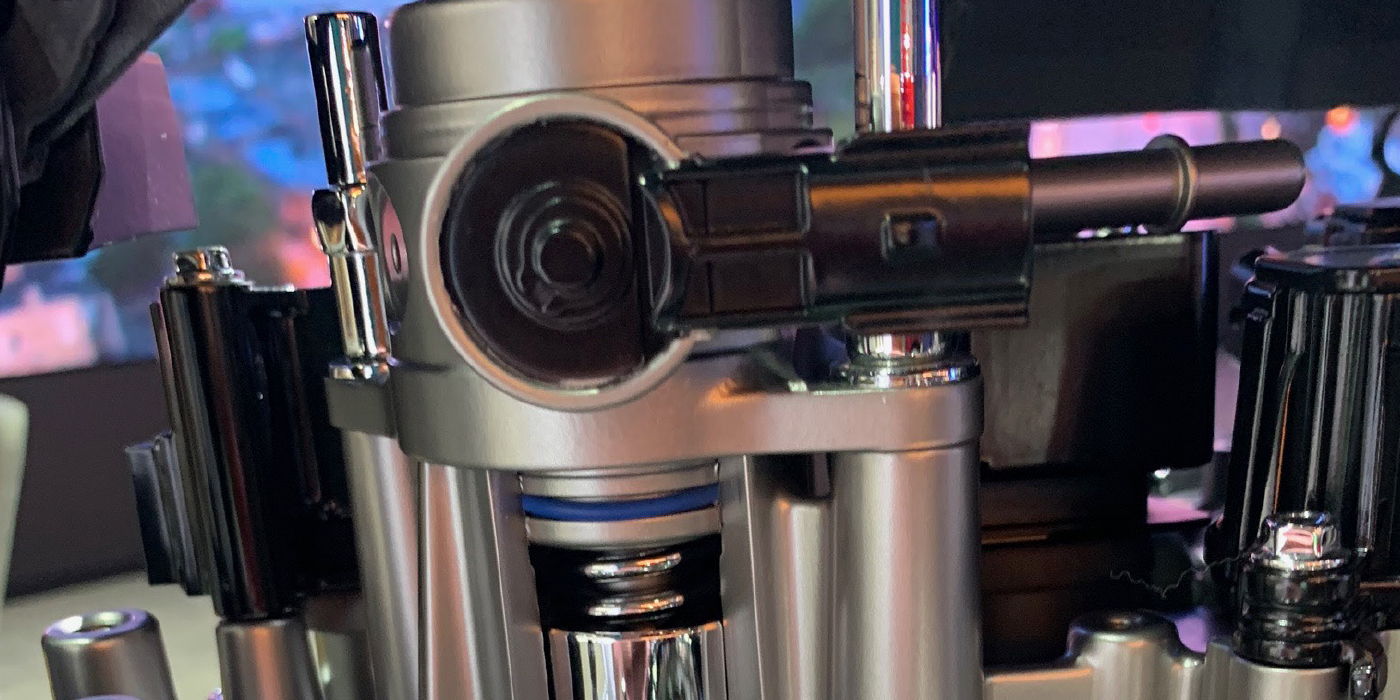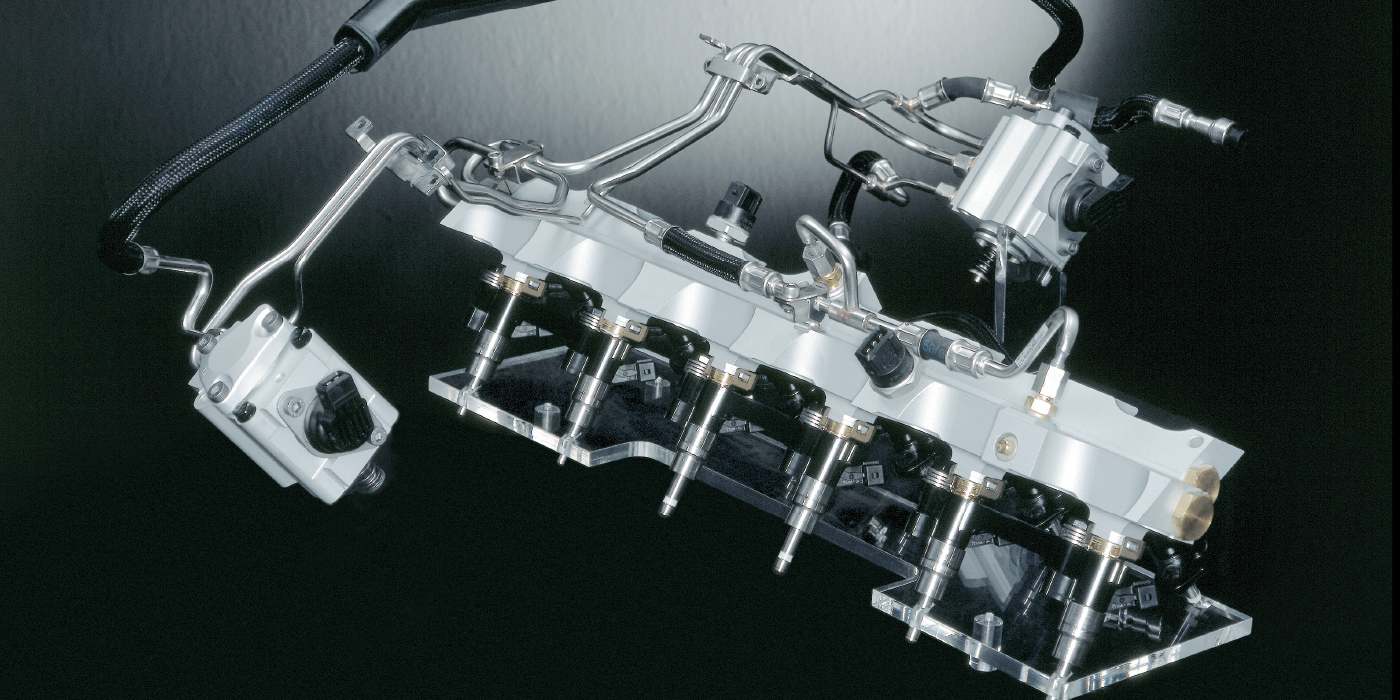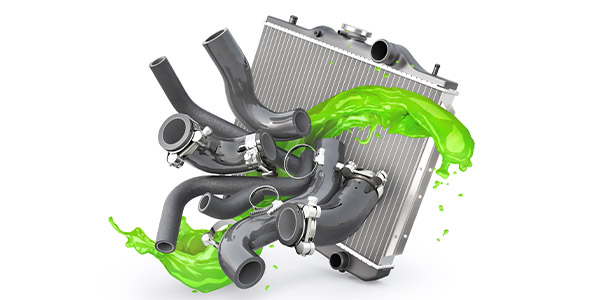CC:
We’ve all heard it many times, a loud buzzing noise coming from the rear of a vehicle. Chances are the car runs fine and it’s the noise that your customer is concerned about.
The first thing we’re going to think about is that the fuel pump should be replaced. And that truly may be the case, but before you hand down a diagnosis, you’ll want to inspect the vehicle and review all the things that can cause a noisy fuel pump.
Start by verifying the symptom. Does it sound loud to you? Ask your customer how long it has been making the noise. If it sounds normal to you, see how long they’ve owned the car. Do they know the service history? Did they go from a luxury car to an economy car? The noise level inside could be drastically different. It’s a good idea to start with a lot of questions.
Once you verify the symptom, start by looking at the fuel level. A low fuel level will put strain on the pump. The fuel cools the pump, and a full tank acts as an insulator against noise. When the level is low, the pump runs hotter and there’s a wide open space for sound to resonate. Filling the tank may not completely solve the issue, but in order to extend the life of a new pump, it’s best your customer knows to avoid low fuel levels in the future.
Any type of abnormal strain on a fuel pump will cause it to be noisy. Think of how the sound changes on a vacuum cleaner when the hose plugs. It gets loud because the motor is straining. A fuel pump reacts in the same way. A restrictive fuel filter can make even a brand new pump sound like a wood chipper, so don’t get caught in this trap.
Always replace the fuel filter when replacing the pump. Some new pump modules include the pump and filter all in one assembly, which is nice because it simplifies the equation. Another cause of noise can be contaminated fuel. It’s not common to get it from a gas station, but missing fuel caps or rusted out fuel necks can allow dirt and water into the tank. There’s also the possibility of vandalism, which unfortunately still happens.
Be sure to let your customer know that you’ll be performing a thorough inspection of the inside of the tank when the pump is out, and if additional cleaning is needed, you’ll let them know.
Fuel pumps are often mounted in some type of rubber, and the fuel pump modules may have provisions to dampen vibration. When you’re replacing a module assembly, be sure it exactly matches the original. And if you’re replacing just the pump, be extra careful not to leave out or eliminate any of the original components. If there are shields or insulation on the tank, be sure they all get reinstalled properly, because even the slightest change that may seem insignificant can make a difference.
Stick to these simple procedures and tips, and when your customer picks up their vehicle, you can be assured they’ll only hear the sound of a quality repair. Thanks for watching.
This video is sponsored by Carter.

